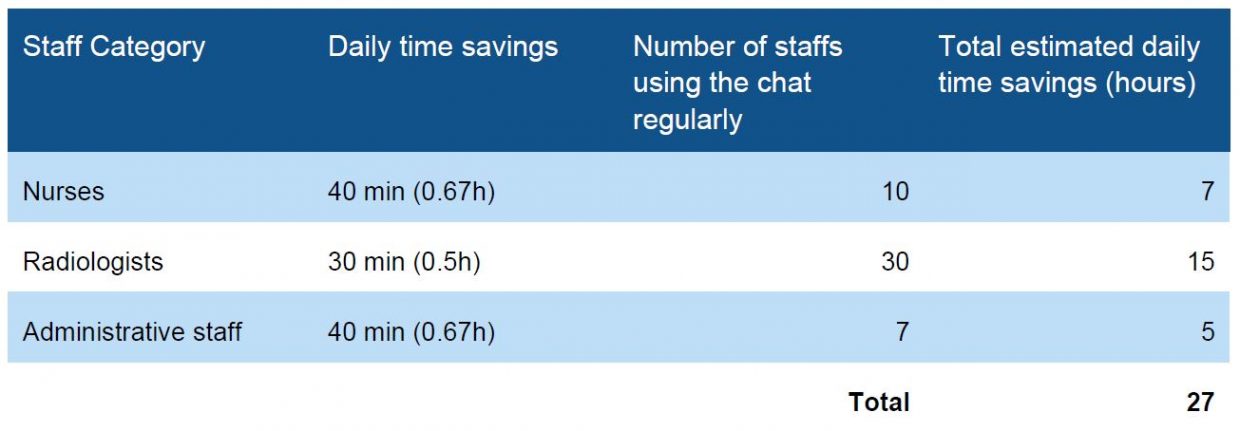
Returns the day of week component of a string timestamp. Syntax dayOfMonth(timestamp) Example // Returns the day of month, for instance for the 15th mai it would be: 15 Returns the day of month component of a string timestamp. Syntax convertToUtc(timestamp, sourceTimeZone, format?) Example convertToUtc(' 10:22:11','Pacific Standard Time','g') dayOfMonth Take a look at the list of timeszones to find the timezone you need. Europe Standard Time','Pacific Standard Time','yyyy-MM-dd HH:mm:ss') convertToUtcĬonverts a string timestamp passed in from a source time zone to UTC. Syntax convertTimeZone(timestamp, sourceTimeZone, destinationTimeZone, format?) Example convertFromUtc(utcNow(), 'Central Standard Time (Mexico)')ĬonvertFromUtc(utcNow(), 'Pacific Standard Time','yyyy-MM-dd HH:mm:ss') convertTimeZoneĬonverts a string timestamp passed in from a source time zone to a target time zone. Syntax convertFromUtc(timestamp, destinationTimeZone, format?) Syntax addToTime(timestamp, interval, timeUnit, format?)ĪddToTime(utcNow(),5,'Hour','yyyy-MM-dd HH:mm:ss') convertFromUtcĬonverts a string timestamp passed in from a UTC to a target time zone. Syntax addSeconds(timestamp, seconds, format?) Examples // add 5 seconds to nowĪddSeconds(utcNow(),5,'yyyy-MM-dd HH:mm:ss') addToTimeĪdds an integer number of a specified unit of time to a string timestamp passed in.

Syntax addMinutes(timestamp, minutes, format?) Examples // add 5 minutes to nowĪddMinutes(utcNow(),5,'yyyy-MM-dd HH:mm') addSecondsĪdds an integer number of seconds to a string timestamp passed in. Syntax addHours(timestamp, hours, format?) Examples // add 5 hours to nowĪddHours(utcNow(),5,'yyyy-MM-dd HH:mm') addMinutesĪdds an integer number of minutes to a string timestamp passed in. Syntax addDays(timestamp, days, format?) Examples // add 14 days to current dateĪddDays(utcNow(),14,'yyyy-MM-dd') addHoursĪdds an integer number of hours to a string timestamp passed in. addDaysĪdds an integer number of days to a string timestamp passed in. Understand all Power Automate flows functions. Get to know the syntax of the functions and learn by concrete examples. Within the following paragraphs, all date operations are introduced. There are a couple of Power Automate date functions. To understand how these formats are used, browse to year, month, day, hour or seconds to find what you need. Returns for example: marzo jueves 09:13įormatDateTime(utcNow(), 'MMMM dddd HH:mm', 'es-es') Let’s take a look at an example! // Returns for example: March Thursday 09:12įormatDateTime(utcNow(), 'MMMM dddd HH:mm', 'en-en') At first these format strings might be confusing, but you’ll get used to it. The formatting of dates in Power Automate is done by providing a format string.
Timetag total time for day overestimates how to#
Learn how to format dates in Power Automate.



 0 kommentar(er)
0 kommentar(er)
